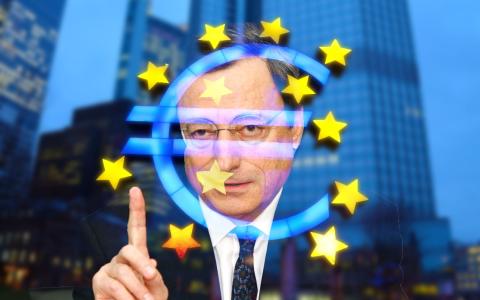
(Investopedia) - An important group of European countries experienced two quarters in a row of shrinking economic output, meeting a rule-of-thumb definition for a “recession.”
The Eurozone—a group of 19 countries that have adopted the Euro as their official currency—had its gross domestic product shrink 0.1% in the fourth quarter of 2022 and the first quarter of 2023, according to official data released Thursday.1 According to a commonly used definition of a recession, two consecutive quarters of falling GDP means an economy is in a recession.
The larger group of 27 countries that make up the European Union posted 0.1% GDP growth in the first quarter.
The group of economists that officially call recessions in the Eurozone use more complex criteria and have not yet sounded the alarm.2 Whether or not a recession has officially begun in the Eurozone, the downtick in GDP highlights how much the anti-inflation interest rate hikes by the European Central Bank have slowed down economic growth.
From the perspective of European workers, the economy doesn’t look much like a recession at all: the unemployment rate for the Eurozone hit a record low in April, the latest data available.3
“The decline of 0.1% in both the fourth and first quarters is so minimal though, and the labour market is so strong that it’s hard to argue that this is a recessionary environment,” Bert Colijn, a senior economist at ING, wrote in a commentary. “The stagnation of the economy does mark a clear cut from the recent post-pandemic boom though.”
By Diccon Hyatt



